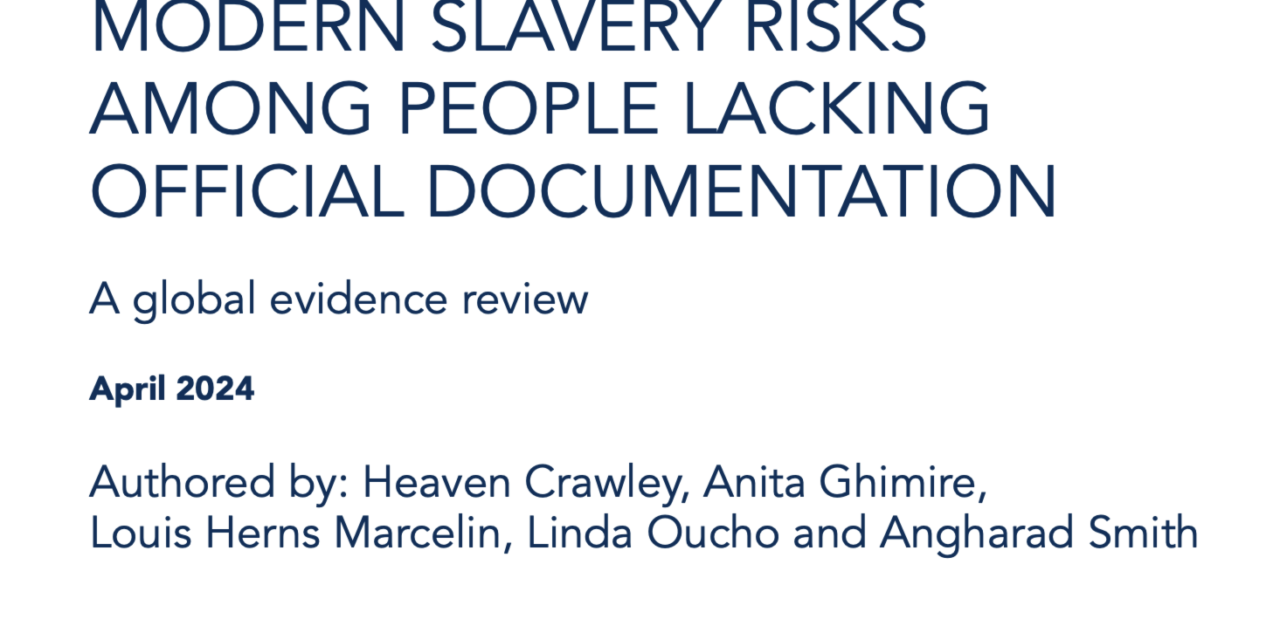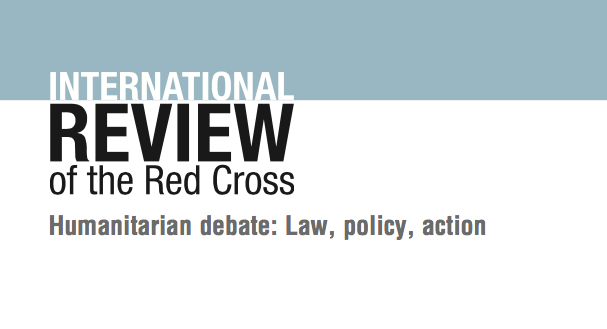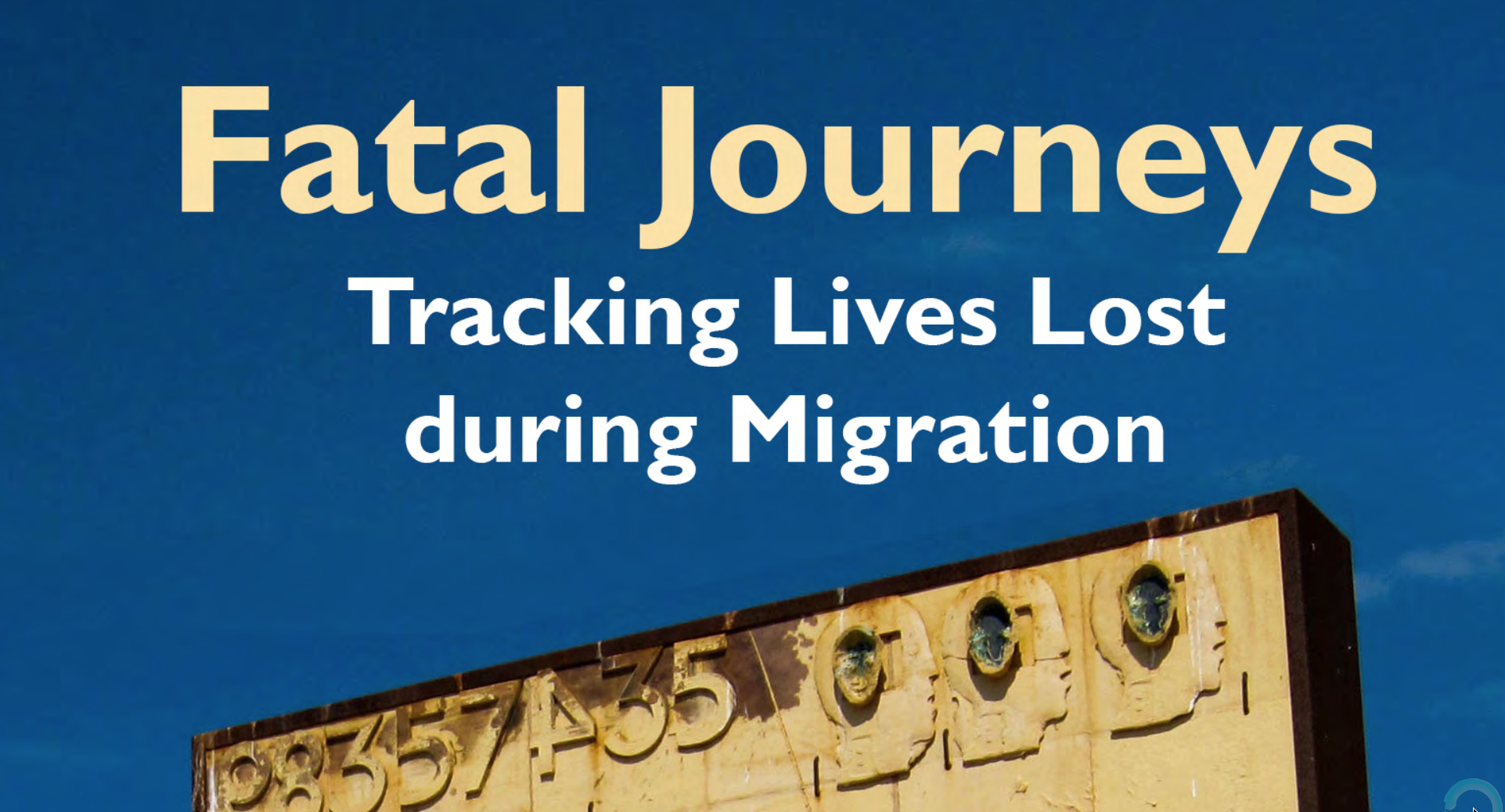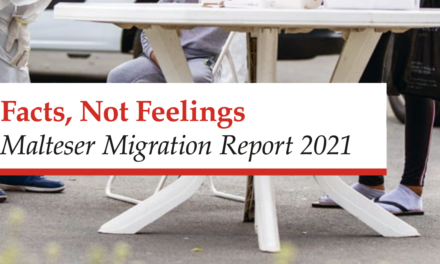EVIDENCE ON THE SCALE OF THE PROBLEM
An estimated 850 million people around the world lack official documentation, disproportionately affecting disadvantaged groups including women, younger people, less educated people, rural dwellers, migrants, refugees and those living in poverty. There are significant differences in access to documentation among the focus countries. For example, 96 percent of children under five are registered at birth in Brazil, compared to 65 percent in Kenya and 77 percent in Nepal.
Globally, an estimated 49.6 million people, including more than 12 million children, are in situations of modern slavery. Survivors of modern slavery often face re-exploitation due to their lack of access to documentation. Despite widespread acknowledgment of the heightened risk faced by people who lack official documentation, our research was unable to identify any data, globally or in the focus countries, on the extent to which those who are in situations of modern slavery lack documentation, either as a causal factor or a consequence. This limitation complicates efforts to estimate the scale of the issue. There is therefore a pressing need for detailed empirical research to unravel the intricate links between a lack of documentation and the risks of modern slavery.

























